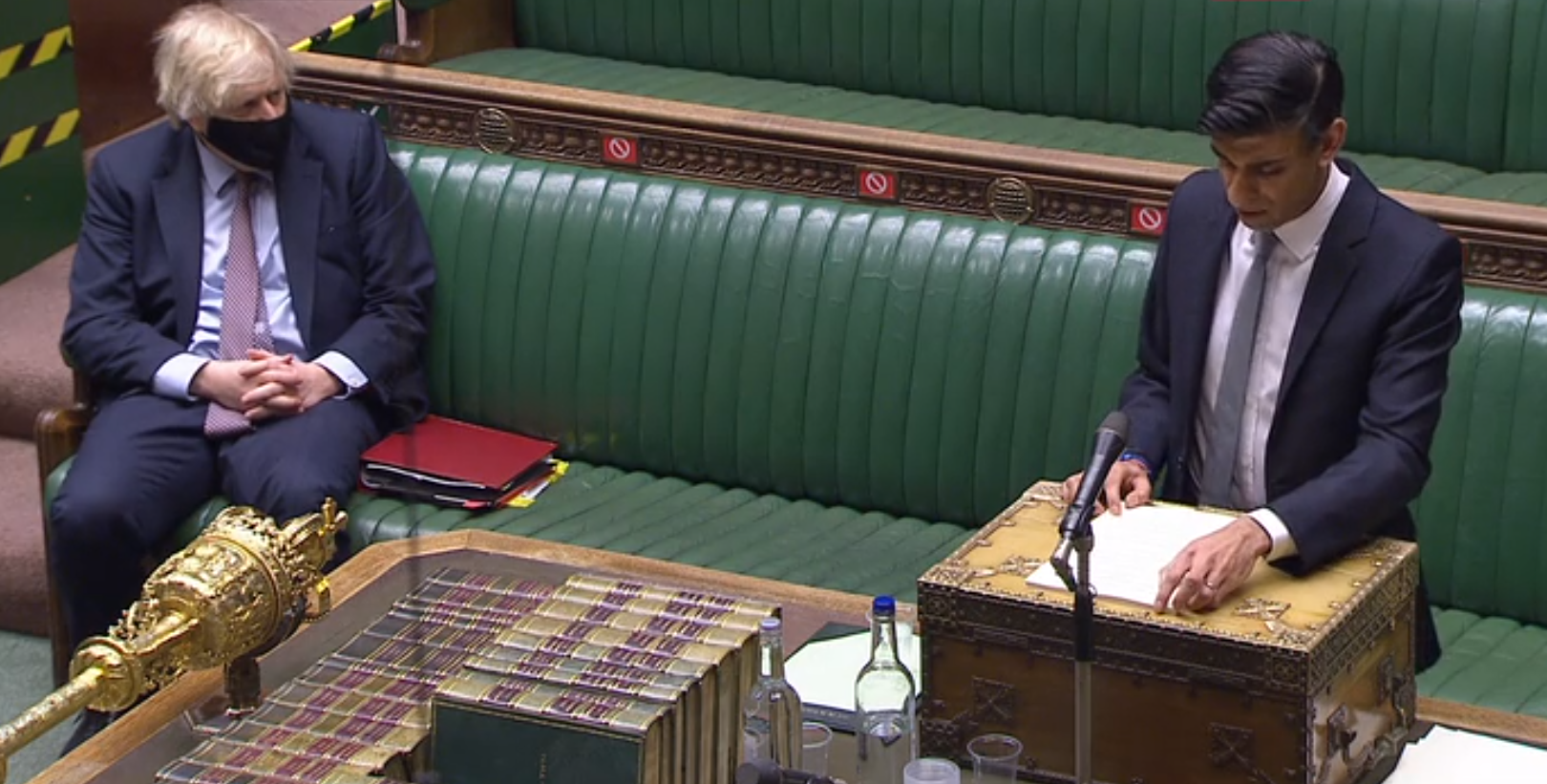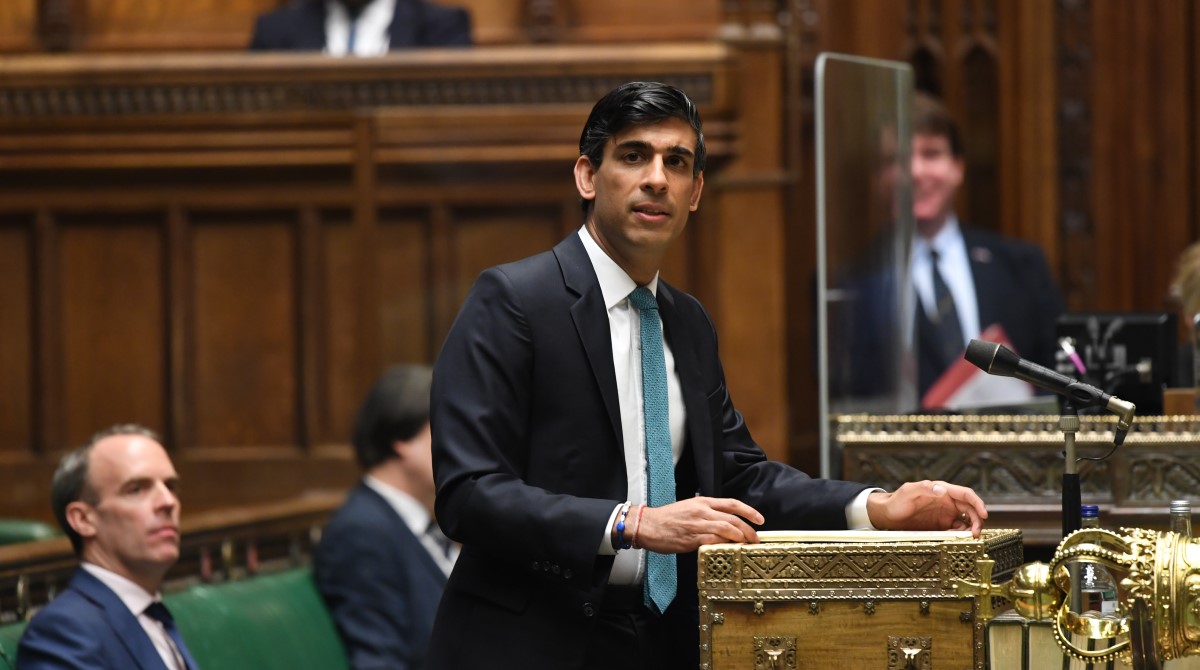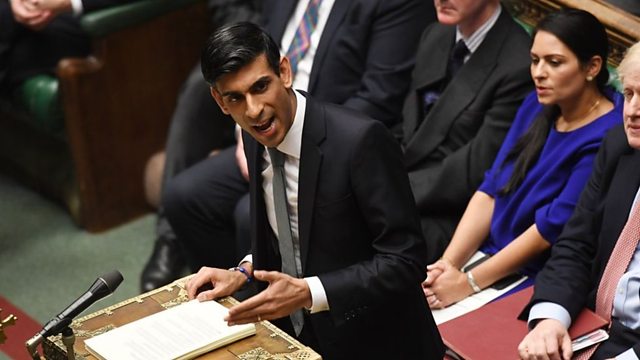Archive
Spring Budget 2021
On Wednesday 3rd March 2021 the Chancellor, Rishi Sunak, presented presented to Parliament the 2021 Budget The OBR predict the UK economy is set to rebound thanks to rapid vaccine rollout, with faster economic recovery over the next two years led by an extension of the furlough scheme, rebounding levels of consumption boosted from households’ savings and much stronger business investment supported by generous tax incentives. Although with risks remaining from the virus, historic levels of public debt and future interest rates.
Autumn 2020
On Wednesday 25th November 2020, the Chancellor, Rishi Sunak, presented the Office for Budget Responsibility’s economic and fiscal outlook: The coronavirus pandemic will have caused the UK economy to contract by an estimated 11% accross 2020. Government spending on public services and schemes to support employment surged, pushing up the deficit at least seven fold to around £400 billion (highest deficit-borrowing since 1944) leading to UK Government Net Debt projected to be above 100 per cent of GDP for the first time since 1960.
Budget 2020
On Wednesday 11th March the second new Chancellor, Rishi Sunak, presented the first Budget since the UK formally left the EU on the 31st January 2020. The largest sustained fiscal loosening since 1992. The plan was to take real day-to-day spending per person back to pre-austerity levels with an “infrastructure revolution”. As Mr Sunak prepared for the Budget, the UK economy appeared to be on the up, with business and consumer optimism increasing and a recovery in retail sales.That was until the devistating effect of coronavirus.
Deficit continues to fall into 2019
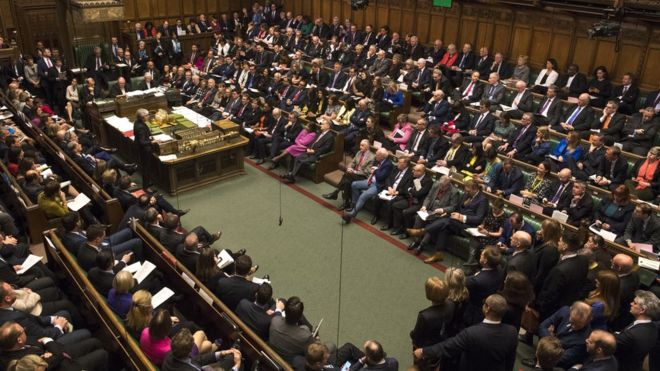
The growth of tax receipts and lower than expected debt interest have reduced the budget deficit faster than the OBR expected in October 2018 at the time of the autumn Budget. Government remains on course to bring the structural budget deficit to below 2% of GDP by 2020-21, with some improved headroom.
Budget 2018
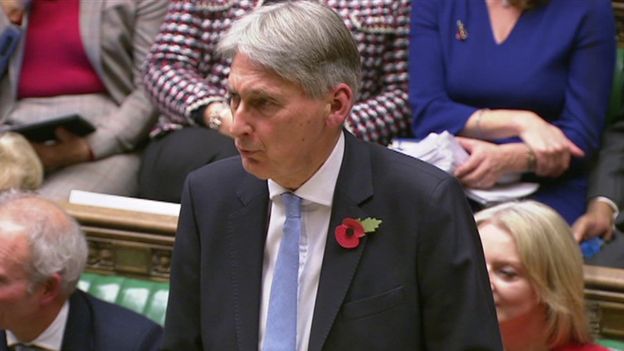
Government spends fiscal windfall.
Larger than expected tax receipts by the OBR and improving UK employment have lead to a fiscal windfall since March,
sufficient to deliver a balanced budget by 2025, yet this was absorbed by Mrs May's declaration of increased funding for NHS.

Government spends fiscal windfall.
Larger than expected tax receipts by the OBR and improving UK employment have lead to a fiscal windfall since March,
sufficient to deliver a balanced budget by 2025, yet this was absorbed by Mrs May's declaration of increased funding for NHS.
Spring Statement 2018
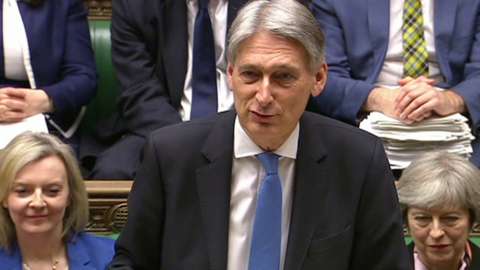
The stronger than expected world economy in the last four months meant the OBR revised up their GDP forecast in the near term,
but further into the future the projections remain unchanged.
Lower borrowing was noted but 'headroom' against the Government’s fiscal targets is virtually unchanged from autumn 2017.

The stronger than expected world economy in the last four months meant the OBR revised up their GDP forecast in the near term,
but further into the future the projections remain unchanged.
Lower borrowing was noted but 'headroom' against the Government’s fiscal targets is virtually unchanged from autumn 2017.
Autumn Budget 2017
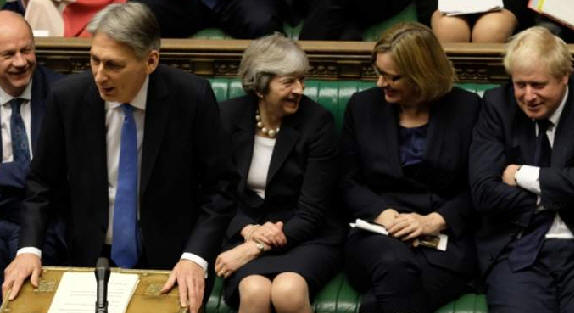
The OBR revised down their productivity and GDP forecasts and, despite lower borrowing this year, increased the forecast for the budget deficit.
The Chancellor increased the prospects of a higher future deficit with higher public spending and a net tax giveaway.
Spring Budget 2017
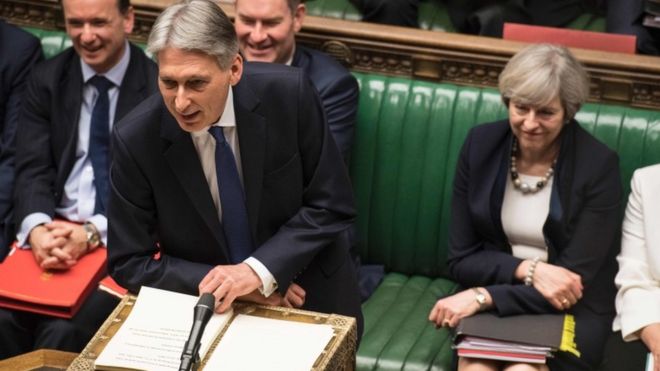
The deficit is likely to be considerably lower this year than the OBR anticipated last November owing to one-off factors and timing effects.
The OBR believe the Chancellor remains on course to meet Government targets for structural borrowing and net debt,
but not balance the public finances “at the earliest possible date in the next Parliament”.
